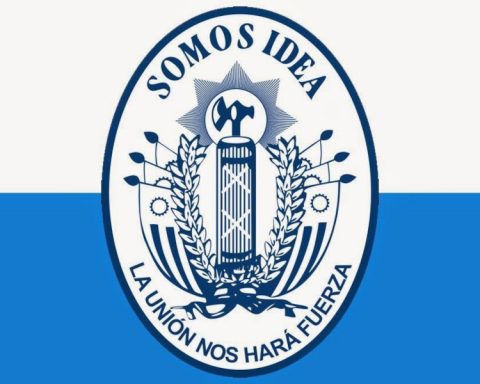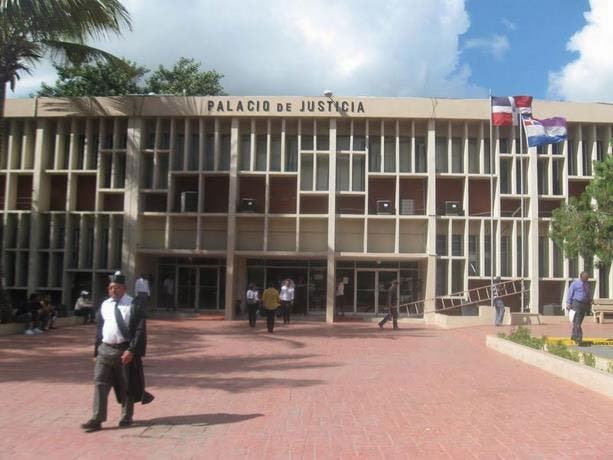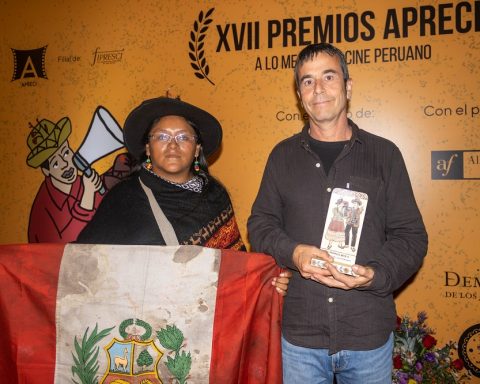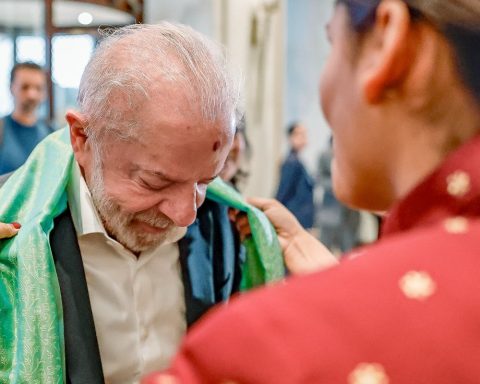The president of the Chamber of Industries (CIU), Alfredo Antía, affirmed this Thursday that the union is in favor of an agreement of free trade between Uruguay and Chinato the extent that it is “uan opportunity” for the country and “for many industrial sectors”.
He also insisted on the possibility ofnegotiate” with “sufficient intelligence” to “find the caution that defends the industrial sectors that have been strongly shaken due to the effect of the Uruguayan integration to Mercosur”.
“(…) Trade with Argentina and Brazil is difficult. Argentina has licenses and places limits on foreign exchange and on the times in which license authorizations arrive. And Brazil lowered the Common External Tariff looking at the Asunción resolution sideways, the Overlook. And Uruguay has to be asking for permission. I think neither a cisplatin province nor an eastern band dependent on Buenos Aires”he stated during the working lunch organized by the Association of Marketing Directors (ADM).
Regarding the lowering of tariffs, Antía pointed out that the measure adopted by Brazil “erodes” the competitive possibilities of Uruguay’s production and export sectors to that market.
The Brazilian government unilaterally decided again on a new reduction of 10% in 6,195 products encompassed within the Common External Tariff (AEC) of Mercosur, according to the Brazilian Ministry of Economy in a statement published this Monday. With this, 87% of the products of the Mercosur Common Nomenclature (NCM) will have a 20% reduction in tariffs, among these products “beans, meat, pasta, cookies, rice and construction materials.”
The previous reduction had been announced jointly between Argentina and Brazil and then, without having the consensus in the block, Brazil decided to apply it unilaterally. That decision removed Uruguay’s possibilities of trying to tie the bloc’s flexibility to the reduction of the common external tariff. Now, the government of the northern country returns to make a decision unilaterally.
The new discount was approved by the Executive Management Committee of the Brazilian Chamber of Foreign Trade (Camex) in an extraordinary meeting, and was announced this Monday at a press conference by authorities from the Ministry of Economy and Camex. It is a temporary measure, dated until 2024, and they maintain that “it will contribute to the lowering of almost all imported goods, directly benefiting the population and companies that consume these inputs in their production process,” the federal government detailed.

















